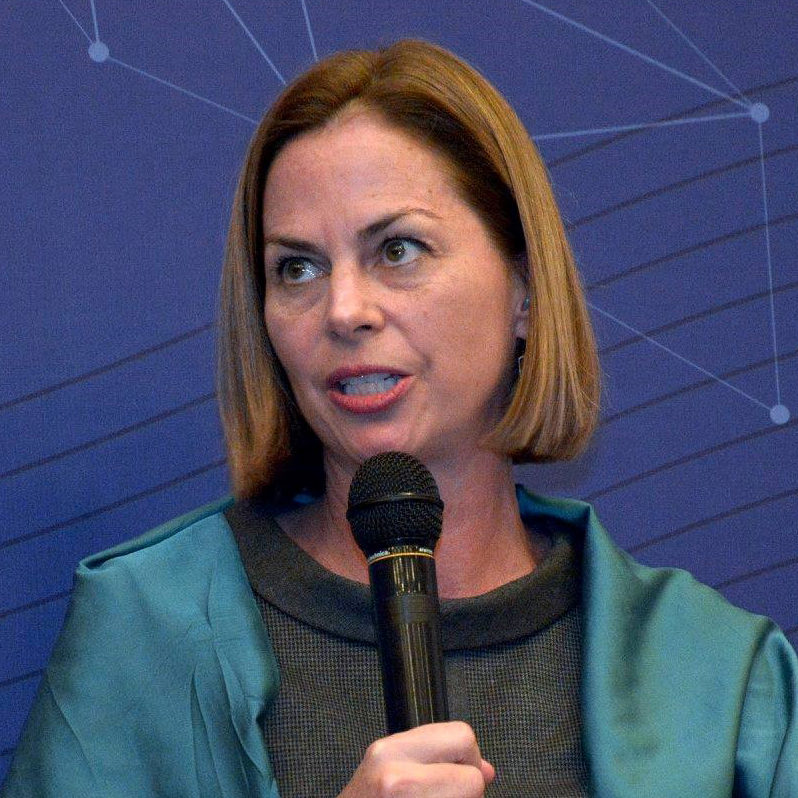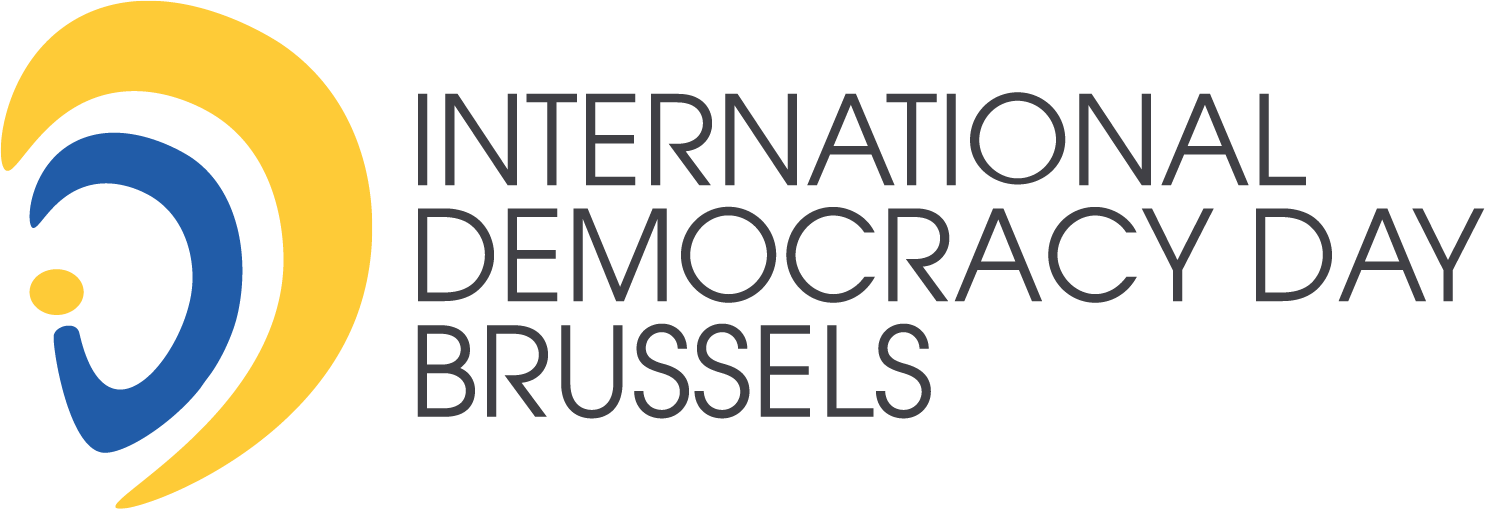
Laura Thornton
Senior director of global democracy programs, McCain Institute
Laura Thornton is senior director for global democracy programs at the McCain Institute. Thornton leads initiatives to build communities of best practice, advocate support for frontline democracies through policy outreach, and forge alliances across borders. She heads high level working groups on democracy threats and serves in numerous global networks as a leader and expert in the democracy community. Through her work, Thornton continues the legacy of Senator McCain by providing vital outreach and support to those on the frontlines of the fight for freedom. Prior to joining McCain, Thornton was senior vice president of the Democracy Hub at the German Marshall Fund. Thornton oversaw the Alliance for Securing Democracy, through which GMF tracks, analyzes, and builds strategies to thwart malign internal and external influence operations that target democracies worldwide. She also led GMF’s Transatlantic Trusts, supporting civil society organizations and actors in Central and Eastern Europe, the Western Balkans, Black Sea and Eurasia region, Belarus, and Ukraine that bolster democratic resilience through civic education, media literacy, public awareness campaigns, and media and watchdog activities. Thornton was also the director of global programmes at International IDEA, a Stockholm-based intergovernmental think and do tank with the mission to advance democracy. She led multiple teams across Europe focused on constitution-building, parliamentary processes, elections, gender and inclusion, political parties, and democracy assessment and analysis. She also spearheaded IDEA’s global comparative research, including the Global State of Democracy report measuring the health of democracy around the world. Thornton served more than 20 years overseas at the National Democratic Institute, working across Asia (Cambodia, Thailand, Malaysia, Indonesia, Singapore, Sri Lanka) and in Georgia (country). She has written extensively about political party development, political finance and corruption, elections, and disinformation, and has led multiple election observation missions across the globe. At NDI, Thornton designed numerous public opinion research efforts, including national polls, focus groups, and experimental research designs concentrated on disinformation, security, geopolitics, democracy and human rights, and political developments. She co-authored the book Political Parties in Asia: Promoting Reform and Combating Corruption in Eight Countries (NDI, 2003). Thornton did her graduate work at Princeton University (MPA) and Oxford University and earned her BA from Northwestern University.
All Sessions by Laura Thornton
Session 1: Elections 2024 - latest state of play
2024 is a super election year. Elections will be held in 8 of the world's 10 most populous nations (Bangladesh, Brazil, India, United States, Indonesia, Pakistan, Russia, Mexico) as well as in 16 African countries. Around 4 billion voters - approximately a quarter of the world's population - are expected to be heading to the polls this year. How will these elections impact the world in general and democracy in particular? Is the world becoming more or less democratic? Has the European Union done enough to promote democracy in partner countries?

